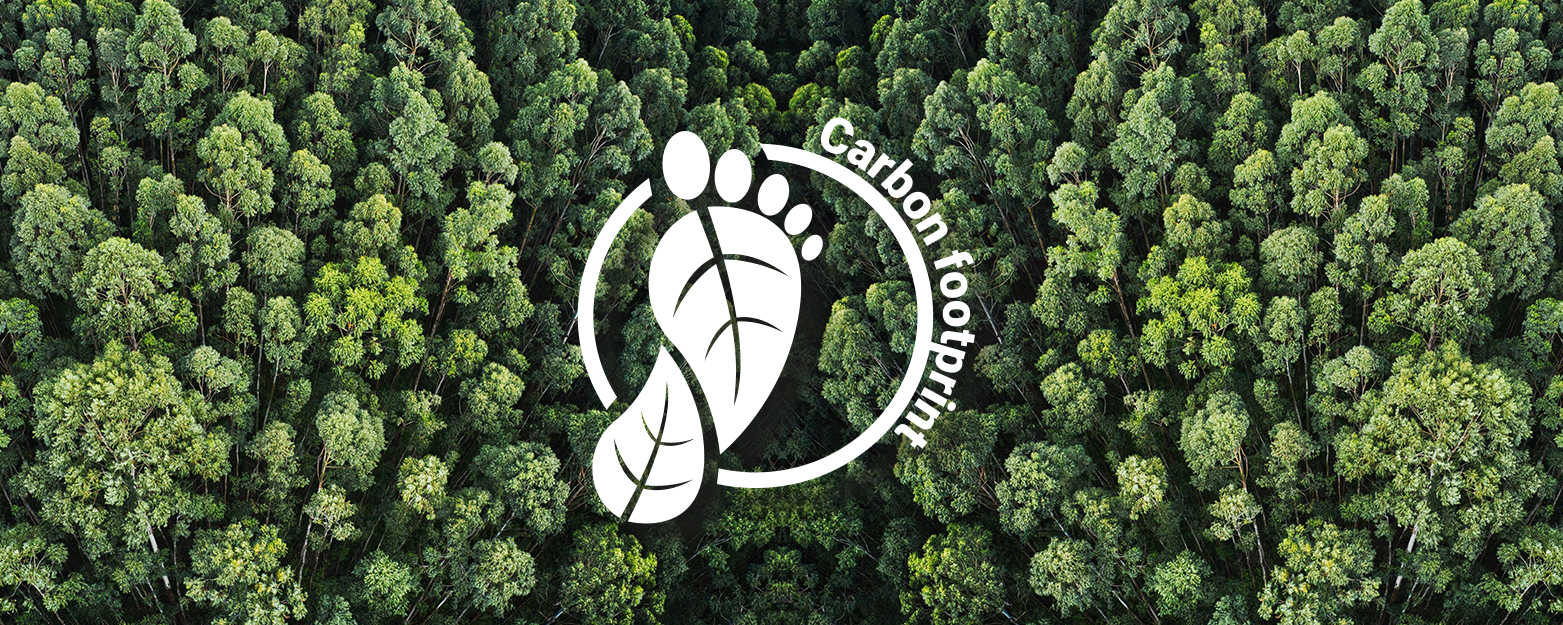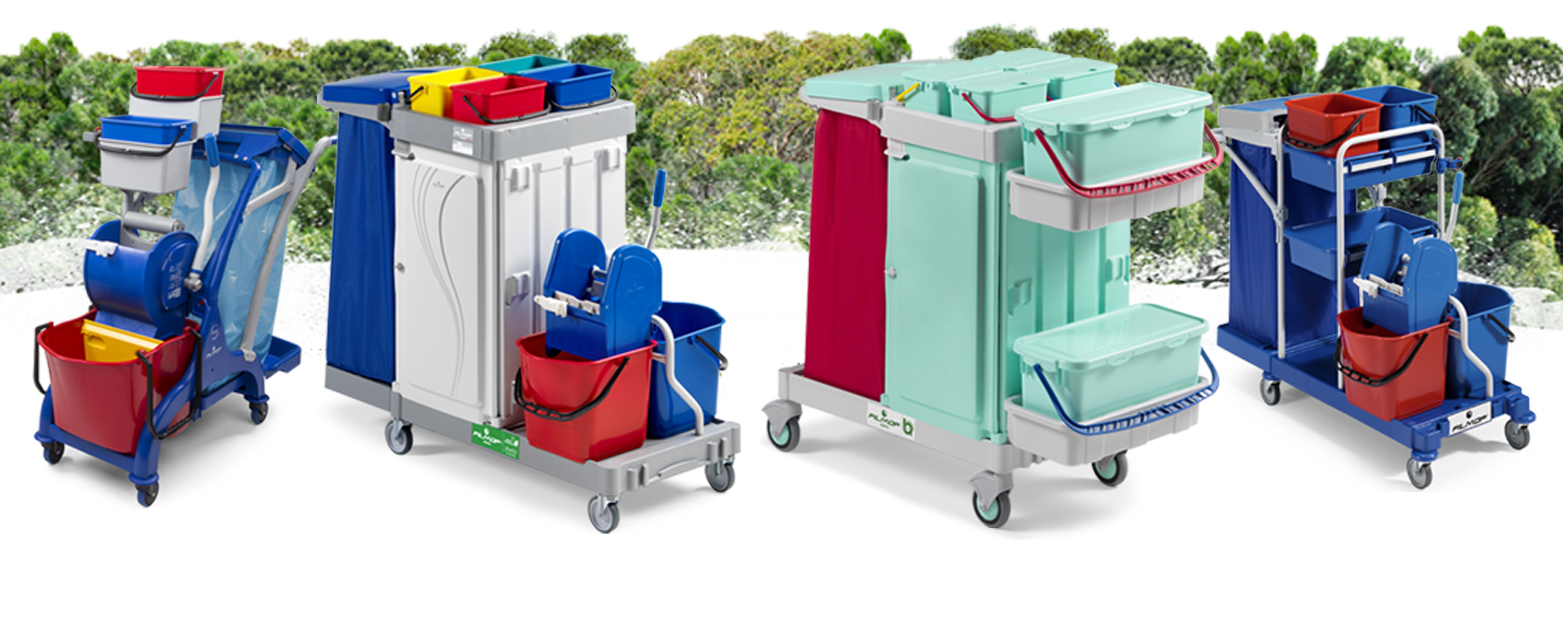CARBON FOOTPRINT: FILMOP'S NEW GREEN GOAL
Filmop has always believed that innovation cannot disregard sustainability and for this reason, it has continued to pay particular attention over time not only to the design of sustainable products but also to the analysis of their potential environmental impacts.
We would like to make a concrete contribution in fighting global warming, facing the climate change that we are all witnessing, and that is why we have chosen to take several steps in this direction. Our commitment has led us to be the first Italian production company to believe in the importance of alternative materials to metal such as polypropylene, which is light, resistant and completely recyclable. In addition, we use only non-polluting and first quality raw materials and we are the first Italian company in the cleaning equipment sector to have obtained the Plastic Second Life certification, the trademark that guarantees goods obtained with the use of recycled plastics. Recycling materials at the end of their life and using materials of recycled origin in the production of new goods helps to reduce CO2 emissions, thus decreasing the impact on the environment.

With the aim of continuous improvement and greater awareness of the impacts related to cleaning, we have decided to continue our efforts towards eco-sustainability by taking another important step forward: we are proud to announce that Filmop has obtained the certification of the climate footprint calculation system for the entire range of trolleys, from buckets and wringer trolleys to multipurpose trolleys, including service trolleys.

The Product Carbon Footprint (CFP) is the benchmark tool that allows us to measure the environmental impact of products, expressed in terms of CO2e and distributed over the various stages of the life cycle. It is based on the Life Cycle Assessment (LCA) methodology, which involves counting the greenhouse gas emissions related to each phase of a product's life: from the supply of raw materials to production, through transport and use by the consumer to disposal at the end of its life.
A long work of analysis, planning and development has allowed us to implement a system for the quantification of the Product Carbon Footprint based on a systematic approach, in accordance with the UNI EN ISO 14067:2018 standard. The approach outlined in the standard makes it possible to calculate the Carbon Footprint of products systematically, independently and in a short time. An independent and accredited verification body, which has certified the system implemented after having carried out an accurate assessment, has recognized the work carried out. Through the Carbon Footprint Systematic Approach, Filmop can now independently quantify the CO2e related to each phase of the life cycle of the products, tracing for each product the relative climate footprint. The certification on the CFP climate footprint is part of the awarding criteria defined in the CAM General Cleaning and Cleaning and sanitizing in healthcare facilities (DM 29/01/2021).
Knowing the amount of emissions related to the production, marketing, use and disposal of products provides a useful starting point for implementing specific actions aimed at offsetting them. In addition, measuring the climate footprint of products turning it into an objective and comparable data, communicated in a clear and transparent way, introduces an important evaluation criterion in the selection process.
Filmop's work in the field of sustainability is a commitment with deep roots that guides the choices and investments of the company. Back in 2011, Filmop chose to install a photovoltaic system on its headquarters, thus avoiding the release of tonnes of CO2 into the atmosphere every year. Quantifying the impact of products in terms of emissions is the next step taken by the company, which lays the basis for the implementation of new and even more targeted offsetting actions, in addition to the production and use of renewable energy for over a decade.